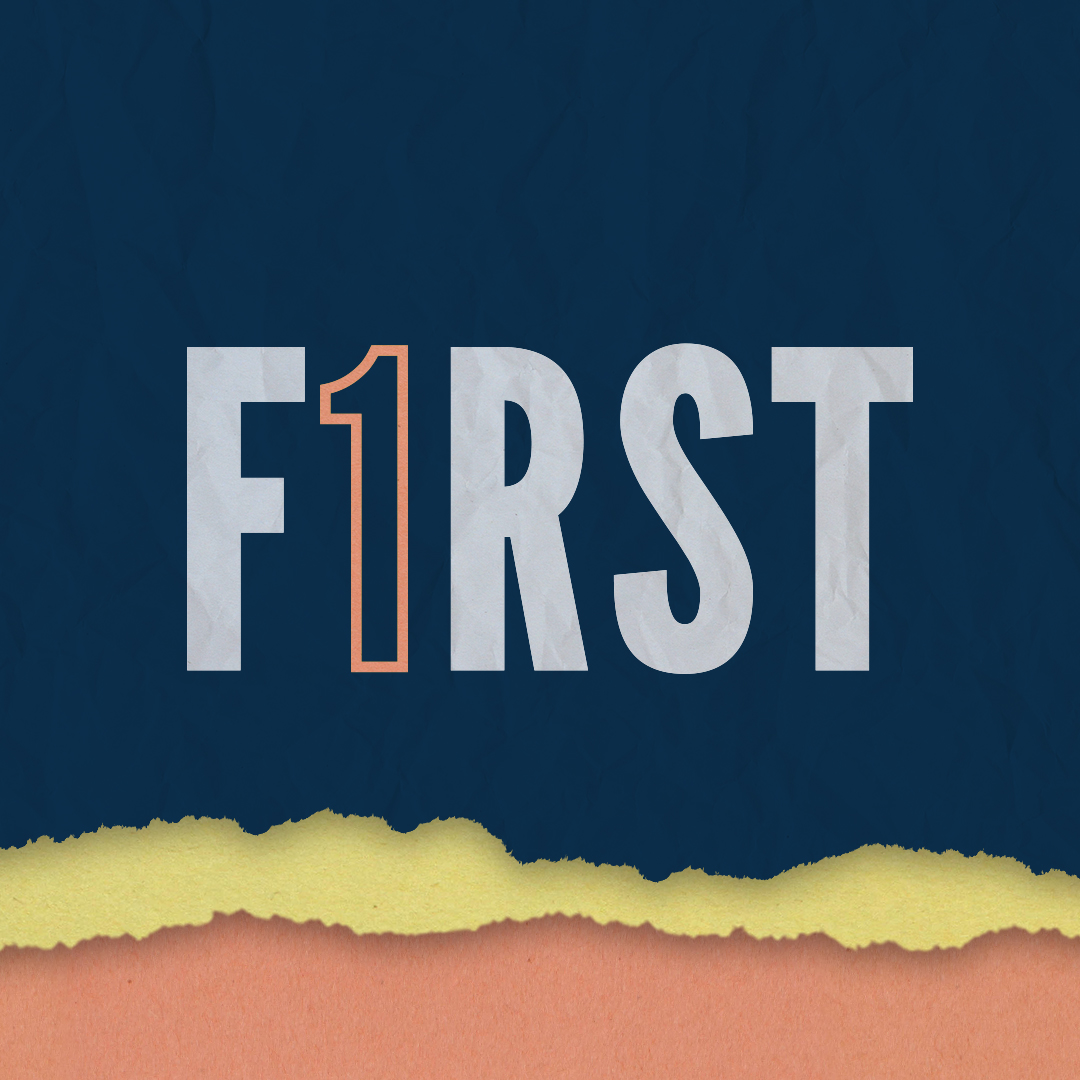Throughout the annals of human history, the quest for understanding the divine has served as a crucial catalyst for civilization. The question of the world’s first religion stirs a sense of wonder, prompting us to delve deep into the spiritual roots of humanity. What does it mean to be inherently religious? From a Christian perspective, this exploration reveals a profound inquiry into the nature of existence and our relationship with the Creator.
The investigation into early religious practices suggests that spirituality is an intrinsic component of the human experience. Long before organized systems of worship emerged, ancient peoples engaged in rudimentary forms of spiritual expression. Archaeological discoveries point to a plethora of ritualistic behaviors centered around animism and nature worship. The early human propensity to venerate celestial bodies, such as the sun and the moon, signifies an innate inclination toward recognizing greater powers at play in the universe.
In attempting to discern what the first religion might have been, it is essential to consider the notion of religion itself. Definitions abound, yet at its core, religion encompasses belief systems and practices that connect people with the divine. From this perspective, it can be posited that early man possessed an instinctual awareness of a higher being or essence—a notion echoed in various cultural mythologies and traditions. Shamanistic practices, for instance, showcase an early attempt at communicating with the spiritual realm, illustrating humanity’s desire to transcend the mundane.
The Christian worldview offers a unique lens through which to examine these early religious practices. The biblical narrative begins with Genesis, where humanity is introduced to the Creator God, who establishes a covenant with humankind. This relationship is paramount in understanding the Judeo-Christian conception of God as both immanent and transcendent. The Garden of Eden serves as a primeval sanctuary, a space where humanity dwelt in harmony with God before the fall. From this theological standpoint, one could argue that this initial relationship between God and humanity constitutes the primordial essence of religion—a blueprint for future belief systems.
However, the advent of organized religion, characterized by structured doctrines and communal worship, emerged in response to the complexities of societal development. This transformation can be seen with the establishment of ancient faiths such as Zoroastrianism, Hinduism, and the polytheistic practices of Mesopotamia. Each of these religions introduced myriad deities and rich mythologies, contributing to the tapestry of human spirituality. It is fascinating to observe how these early religions grappled with existential questions, showcasing humanity’s intrinsic desire for purpose and understanding.
In engaging with the question, “What was the first religion?” it is crucial to differentiate between the various definitions and frameworks of belief. The inquiry may lead one to surmise that if the first religion was monotheistic, that would contrast sharply with the polytheistic traditions that dominate early history. However, some scholars propose that early religious practices were more akin to a universal spirituality, transcending the rigid boundaries of organized faith. This notion aligns with the Christian belief of a universal God, who has continually sought to communicate with humanity throughout the ages.
As Christianity emerged and took root, it profoundly shaped religious thought and practice. The ministry of Jesus Christ introduced radical notions of forgiveness, love, and redemption—themes that resonate deeply within the human soul. The New Testament speaks of a new covenant, a promise from God that contrasts with the conditional covenants found in earlier belief systems. Herein lies a pivotal shift: the understanding of God not merely as a distant arbiter of fate but as a loving Father intimately concerned with the well-being of His creation.
From this perspective, Christ’s ministry underscores the significance of relational spirituality—a departure from the transactional nature of ancient religions. Early followers of Jesus grappled with the expansiveness of divine grace, which transformed their understanding of worship and devotion. This evolution mirrors humanity’s enduring search for connection, understanding, and ultimately, belonging. Early Christians were not merely practicing a religion; they were embodying an alternative narrative—a call to live in accordance with the divine will, rooted in love and community.
Moreover, the examination of the first religion fosters an appreciation for the diversity of thought and practice within spirituality. While ancient rituals and mythologies may differ vastly, common threads link them to a shared human experience. The archetypal stories of creation, morality, and the struggle between good and evil exist across cultures, underscoring the existential questions that define humanity. This interconnectivity invites a shift in perspective: rather than perceiving religions as isolated systems, one may view them as varied expressions of an intrinsic yearning for the divine.
The implications of this exploration are profound. In tracing the spiritual roots of humanity, one recognizes that the human search for meaning is timeless and transcendent. The narrative of one’s spiritual journey intertwines with the collective quest for truth and understanding. The inquiries posed by early civilizations, their attempts to commune with the divine, and their understanding of morality continue to shape our beliefs and practices even today.
In conclusion, while the precise identity of the first religion may remain enigmatic, it is evident that spirituality is woven into the fabric of human existence. The Christian perspective offers a rich tapestry of understanding—one that reveals the nature of God as relational, engaged, and infinitely loving. As humanity continues to grapple with questions of spirituality, reflecting upon our shared origins prompts a poignant recognition of the divine journey we embark upon together. In embracing this historical and theological exploration, we cultivate a deeper appreciation for the enduring quest for connection with the sacred—a journey that unites us all in the pursuit of understanding the divine.



